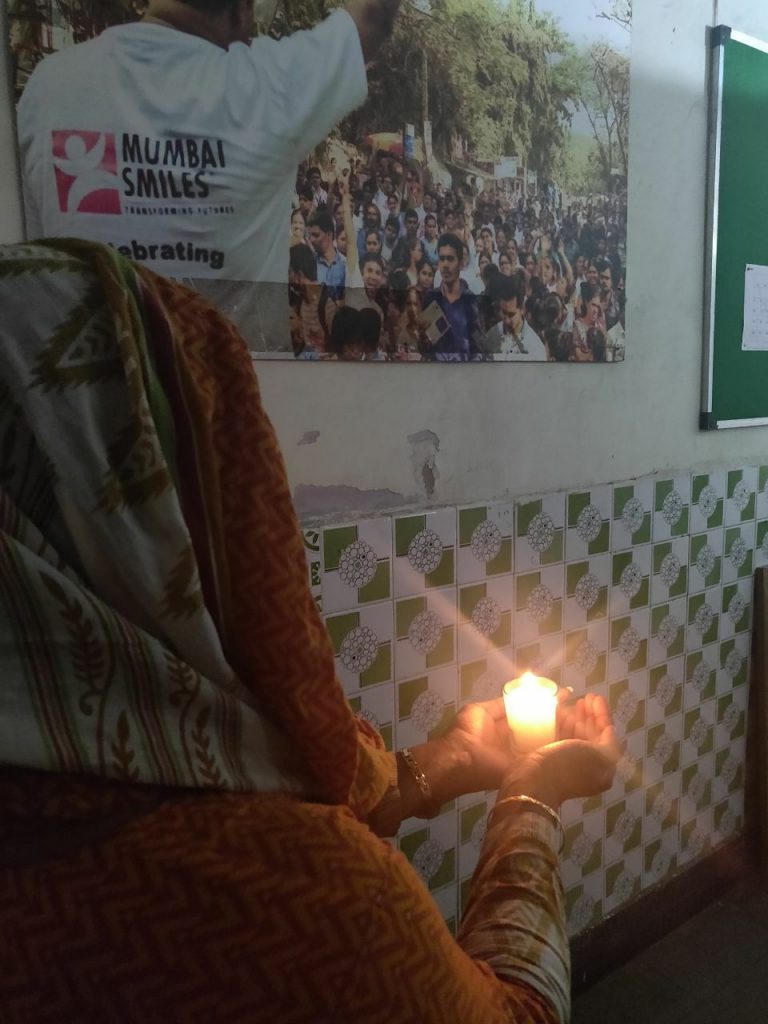Blog
Over 200 women and their children living in Kamathipura and Ghatkopar will benefit from the Mental Health Project.
Mumbai Smiles Foundation works towards destigmatizing mental health and improving the mental and psychological health of victims of human trafficking, and their children.
21st June
In October 2018, World Health Organization released a report stating that India was the most depressed country in the world. One of the biggest challenges the country faces is the lack of qualified medical personnel; today there is one psychologist for 1,00,000 mental health patients. The report added that 6.5 per cent of India’s population suffered from mental health issues i.e. approximately 7.8 crore individuals.
Mental health has always been perceived as a stigma in India, and in the case of victims of human trafficking, the stigma is greater. As a result, victims of human trafficking and their children face psychological and physical problems due to lack of education, health and psychological support from family. Deprived of love and affection, and living in adverse conditions, these beneficiaries don’t have an appropriate environment to address their mental health needs.
A needs assessment performed by Reach Foundation suggested that there was a need for a therapy-based approach when it came to the mental illness of victims of human trafficking and their children. This requirement stemmed from the fact that most NGOs only focus their rehabilitation efforts towards providing beneficiaries with access to education and healthcare. Mental health is often a neglected and less prioritised area.
Mumbai Smiles Foundation’s Mental Health Project aims to improve the lives of victims of human trafficking and their children, living in Kamathipura and Ghatkopar, through psychological support. This is done through basic counselling sessions and therapeutic interventions that are provided in community centre at Kamathipura. Our team of experts focus on rapport building, cases identification, and networking with service providers for hospital referrals, care and treatment. We also organize different workshops on building mental health awareness, and implement creative activities using art therapy to help beneficiaries cope with mental health issues. Continuous follow-up, reporting and documentation of each beneficiary will be done within the whole life of the project.
Through the project this year, counseling and art-based therapy services will be provided to 45 identified mental health cases, while beneficiaries with severe mental health disorders will be referred to specialists for specialised clinical interventions.






